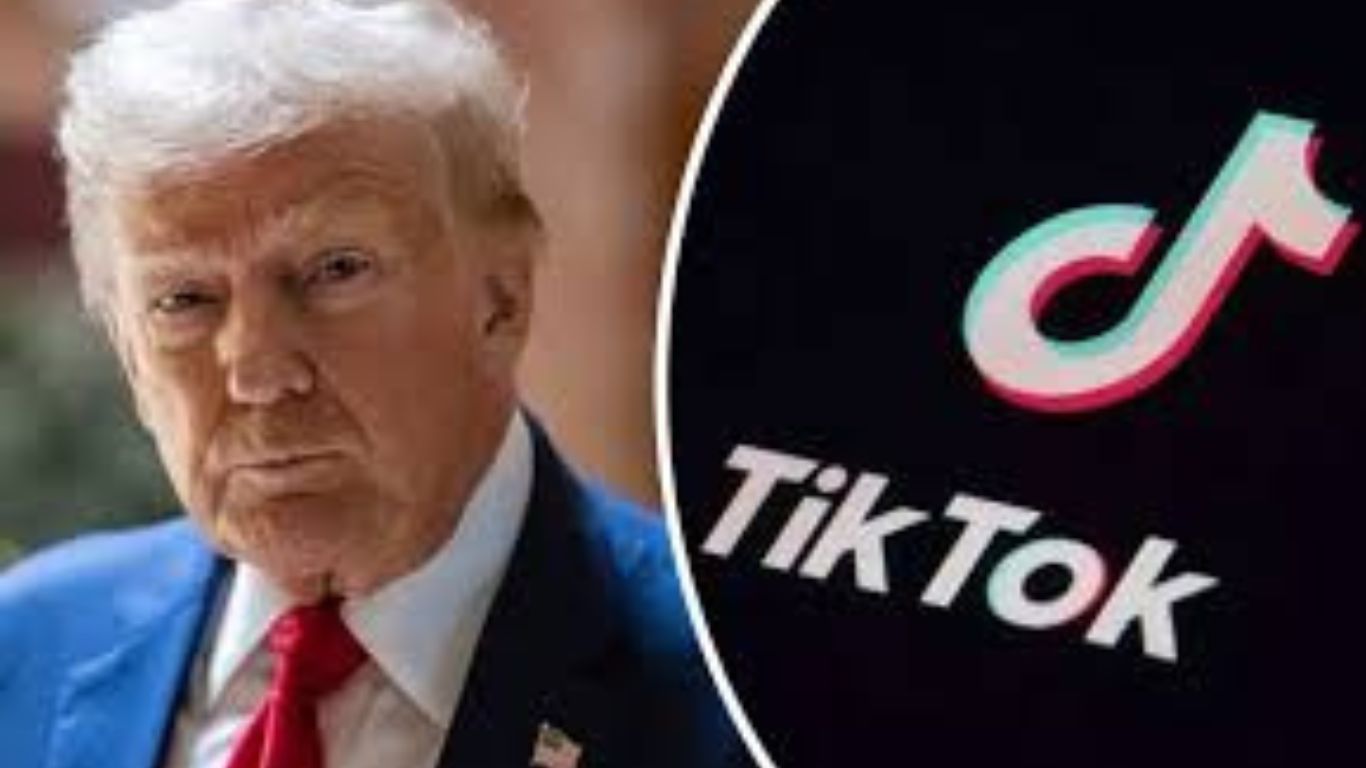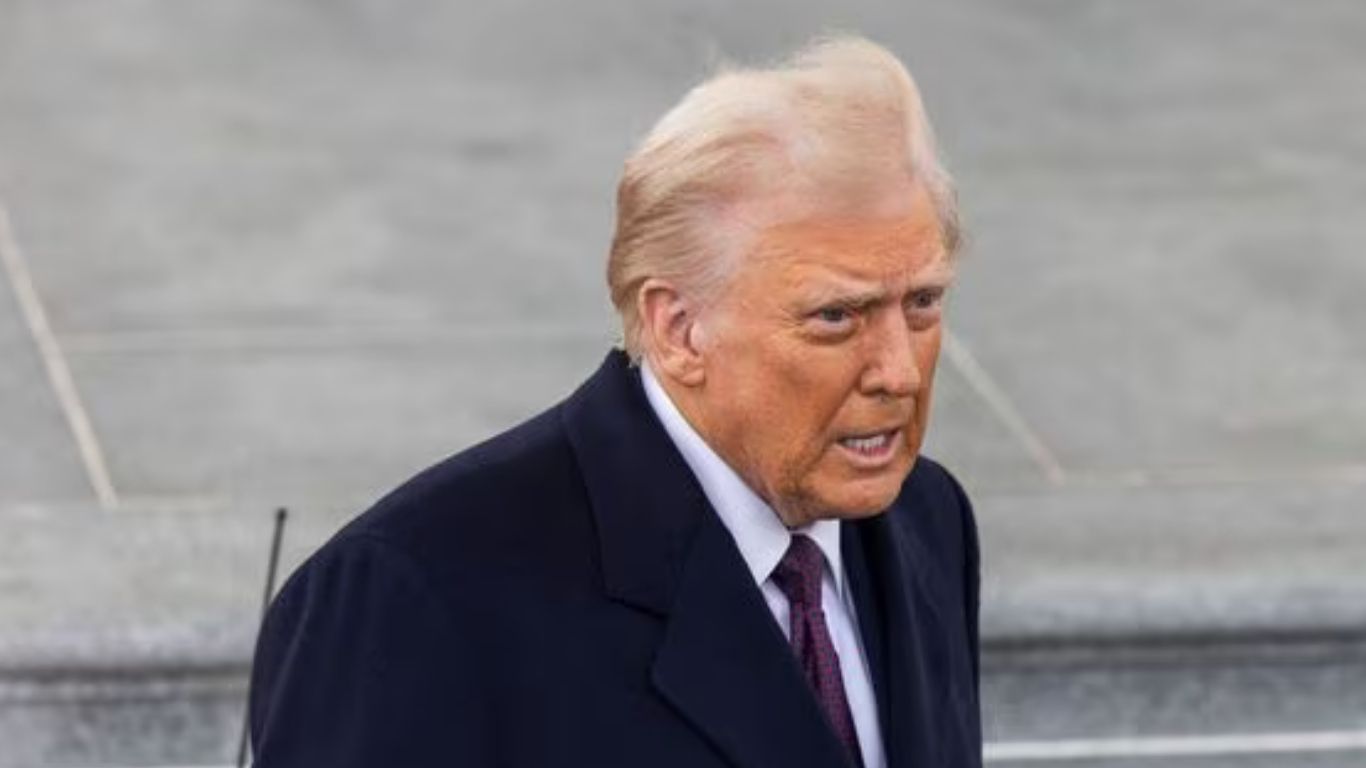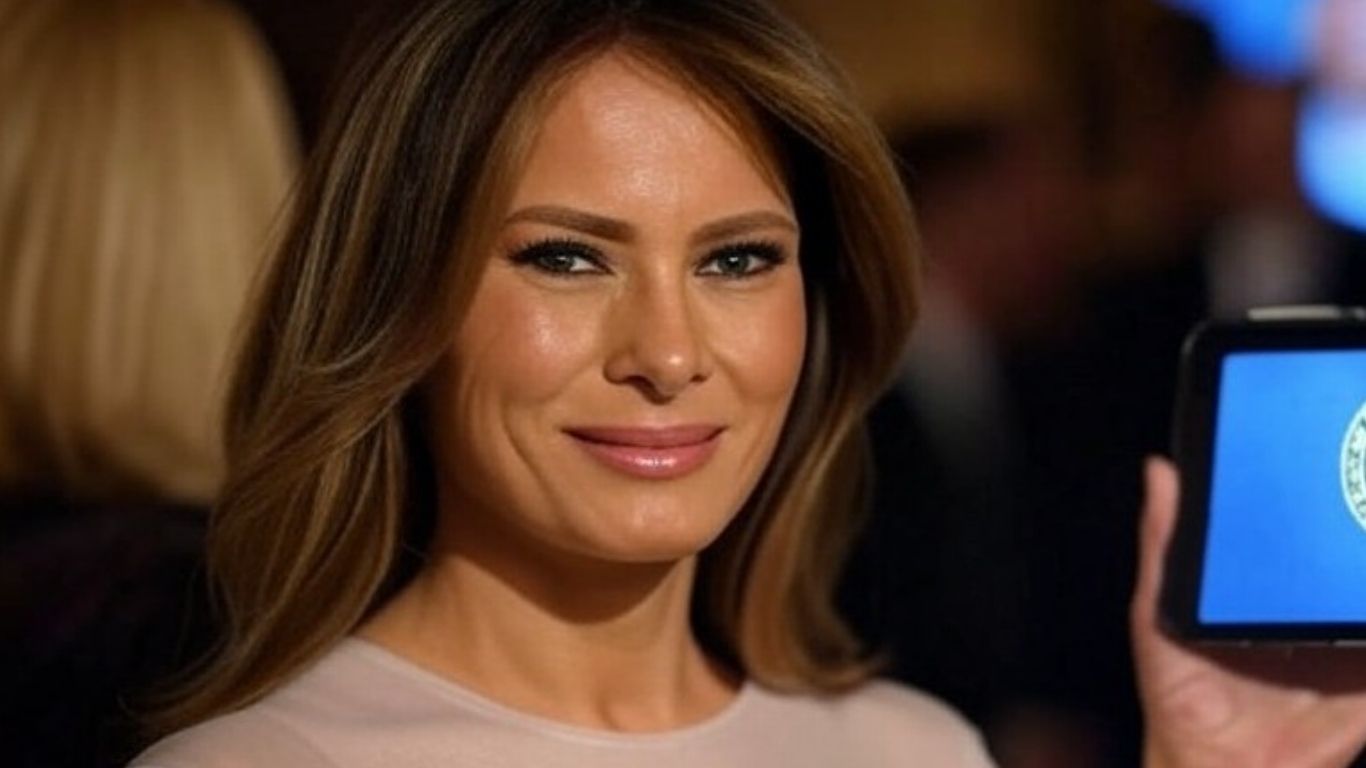President-elect Donald Trump has asked the Supreme Court to delay the enforcement of a law that could lead to a nationwide TikTok ban by January 19, 2025. The request, filed on Friday, aims to provide time for Trump’s incoming administration to seek a “political resolution” to the issue, which has reignited debates over national security, free speech, and the app’s ties to China.
Background of the TikTok Ban Controversy
TikTok, owned by China-based ByteDance, has faced scrutiny from U.S. lawmakers and officials over concerns that it could share user data with the Chinese government or be used as a tool for misinformation. The Biden administration backed legislation requiring TikTok to sever ties with ByteDance or face a ban, citing potential national security risks. The law, signed in April 2024, gained bipartisan support and has been upheld by a federal appeals court.
TikTok and ByteDance have challenged the law in court, arguing that it violates the First Amendment by unjustly targeting the platform based on speculative risks. The case has now reached the Supreme Court, which will hear oral arguments on January 10, 2025.
Trump’s Role and Shift in Position
Trump’s involvement in the matter adds another layer of complexity. As president in 2020, Trump attempted to ban TikTok for similar national security concerns, though the effort was ultimately blocked in court. However, during his 2024 presidential campaign, Trump reversed his stance, using TikTok as a key platform to engage with younger voters through viral content.
In his amicus brief, Trump emphasized a preference for resolving the issue politically rather than through a ban. He stated,
“President Trump takes no position on the underlying merits of this dispute. Instead, he respectfully requests that the Court consider staying the Act’s deadline for divestment of January 19, 2025, while it considers the merits of this case.”
Trump’s recent meeting with TikTok CEO Shou Chew at Mar-a-Lago further underscores his intent to find a middle ground.
Arguments From Both Sides
TikTok’s Stance
In their filing, TikTok and ByteDance attorneys argued that the law is based on speculative risks without concrete evidence. They pointed out that while the U.S. government fears China could exploit TikTok’s U.S. operations, no such attempts have been documented.
TikTok also highlighted the app’s significant role as a platform for free expression, claiming the law unfairly targets its speech rights.
Biden Administration’s Position
The Biden administration has maintained that TikTok’s integration with ByteDance poses inherent risks. While it admitted in court filings that no direct evidence of misuse by China exists, officials argue the corporate structure of ByteDance allows for potential influence or control by the Chinese government.
Implications of the Supreme Court Decision
The upcoming Supreme Court decision could have far-reaching consequences for TikTok and other foreign-owned apps operating in the U.S. If the court upholds the law, TikTok would need to divest from ByteDance or risk a ban, a move that could reshape the digital landscape.
A delay, as requested by Trump, would provide additional time to explore a diplomatic or legislative solution, potentially averting a ban. However, this would also extend the uncertainty for TikTok’s millions of U.S. users and creators.
What’s Next?
- Oral Arguments: Scheduled for January 10, 2025, at the Supreme Court.
- Potential Ban Deadline: January 19, 2025, unless delayed by the court or resolved politically.
- Global Impact: The case could influence how governments regulate foreign apps and address concerns over digital sovereignty and data security.
As the debate over TikTok unfolds, the platform’s future in the U.S. remains uncertain, with the outcome likely to set a precedent for handling national security concerns tied to technology.















